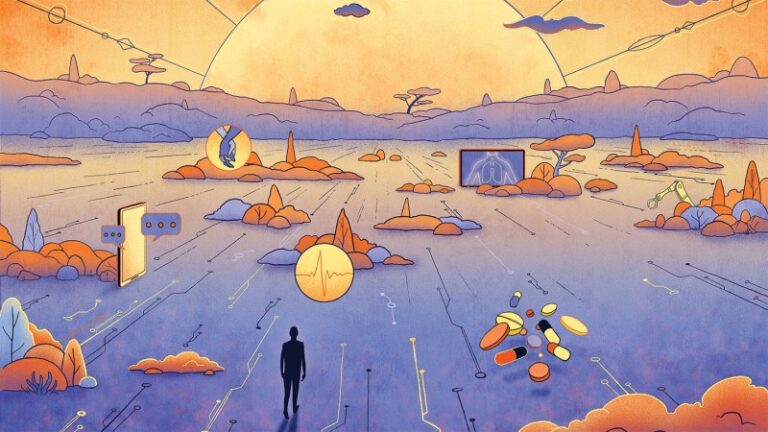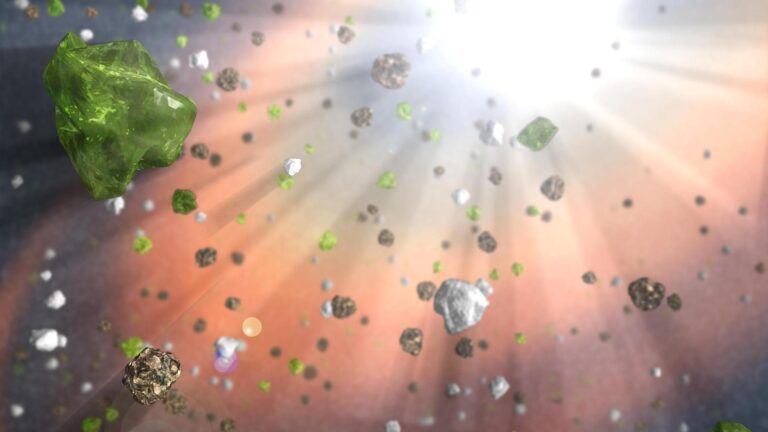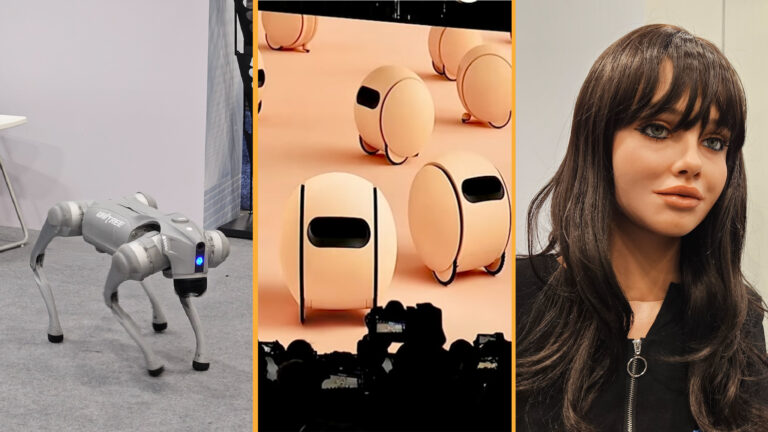AI could transform health care, but will it live up to the hype?

AI has the potential to make health care more effective, equitable and humane. Whether the tech delivers on these promises remains to be seen.
Science and Technolgy blog

AI has the potential to make health care more effective, equitable and humane. Whether the tech delivers on these promises remains to be seen.

Antarctica is home to a peak shaped like a perfect pyramid — but contrary to what conspiracy theorists say, the mountain’s four symmetrical faces were forged through natural processes.

For more than two decades, Theresa Betancourt has studied Sierra Leone’s former child soldiers. Her new book Shadows into Light tells their stories.

CHICAGO, ILL. — If you hate getting your hair brushed, it’s probably because it hurts so much when the bristles hit a tangle. That painful zing travels faster than most any other type of pain. It zips down a nerve…

There’s a significant imbalance between matter and antimatter in our universe, but a strange particle called “the Majoran” could finally explain it, an audacious new study suggests.

The Wolf Moon — the first full moon of the year and of winter in the Northern Hemisphere — will be best seen on Jan. 14, shortly after it has occulted Mars.

People who recovered from PTSD changed the way their brains handle intrusive thoughts, a study of survivors of the 2015 Paris terrorist attacks shows.

From a Star Wars-style droid for your home to a Pixar-inspired lamp bot, these are the most interesting and innovative robots we’ve seen so far at CES.

A large road-based land vehicle can launch a two-person eVTO flying car that is stored in its trunk.

A new study describes a type of cartilage that may have been discovered, forgotten and found again at several points in history.